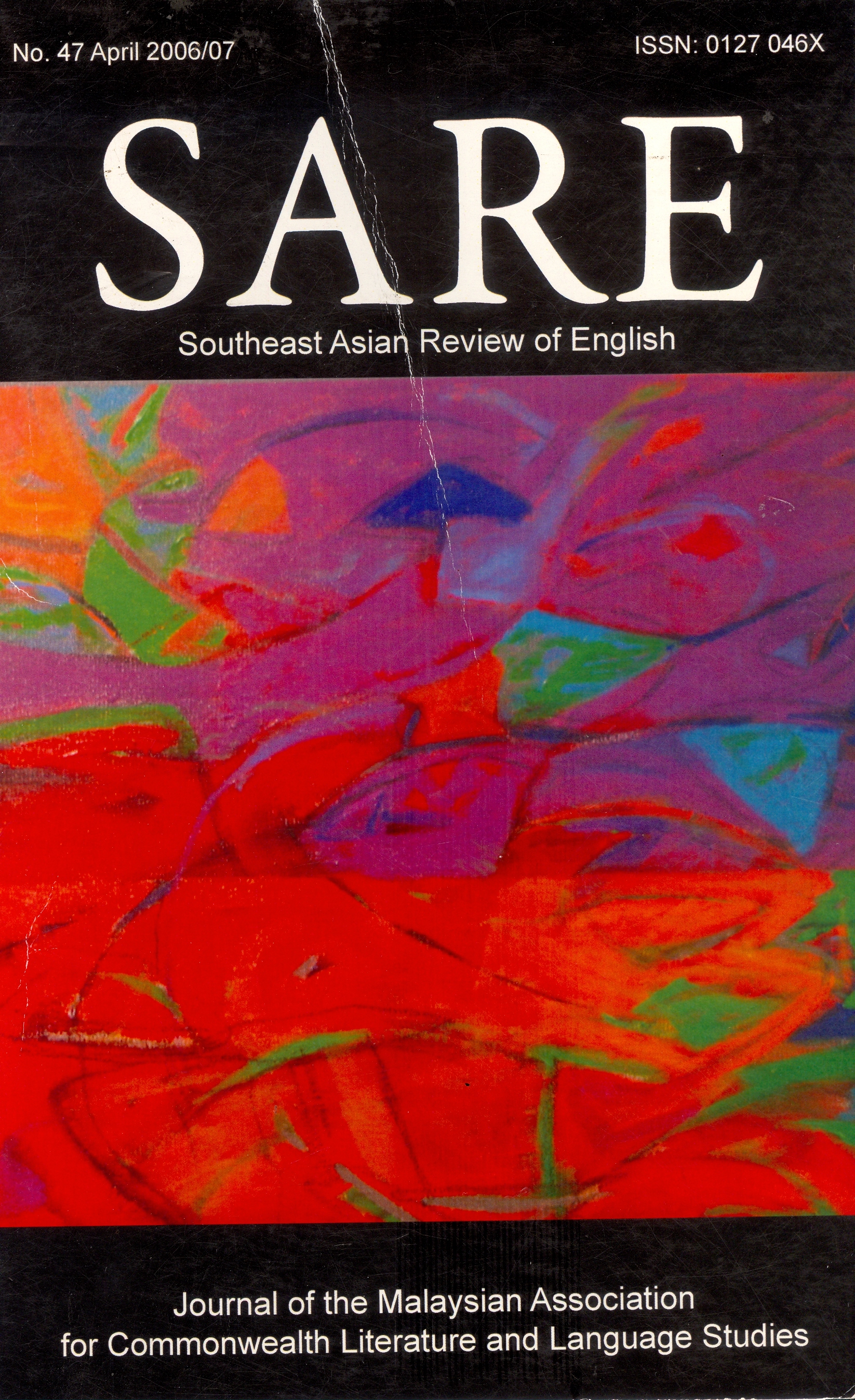"Voice of Jacob, Body of Esau": A Nigerian Writer's Dilemma in Communicating the Postcolonial in the Colonial Language
Main Article Content
Abstract
In a pluralistic state like Nigeria, the choice of language for the creative writer is important both as a function of the literary imagination and as a reflection of the choice of political ideology. In a sense, and in more cases, choice of language is imposed on the writer by circumstances of birth and teh geographical environment he finds himself in. This may be no choice at all. Yet, how language is deployed helps to define the trajectory of a writer's work. Often the writer in a postcolonial state has both his mother tongue and the language of the colonial conqueror at his disposal. Through the foreign language, he can reach millions of his own people and beyond. However, the inscribed meanings and cultures embedded in that language are alien, even injurious to the survival of the "conquered."
Downloads
Article Details
Copyrights of all materials published in SARE are retained by the authors. Authors may republish their work or grant others permission to republish it. We would be grateful if republication is accompanied by an acknowledgment that the work was originally published in SARE.
